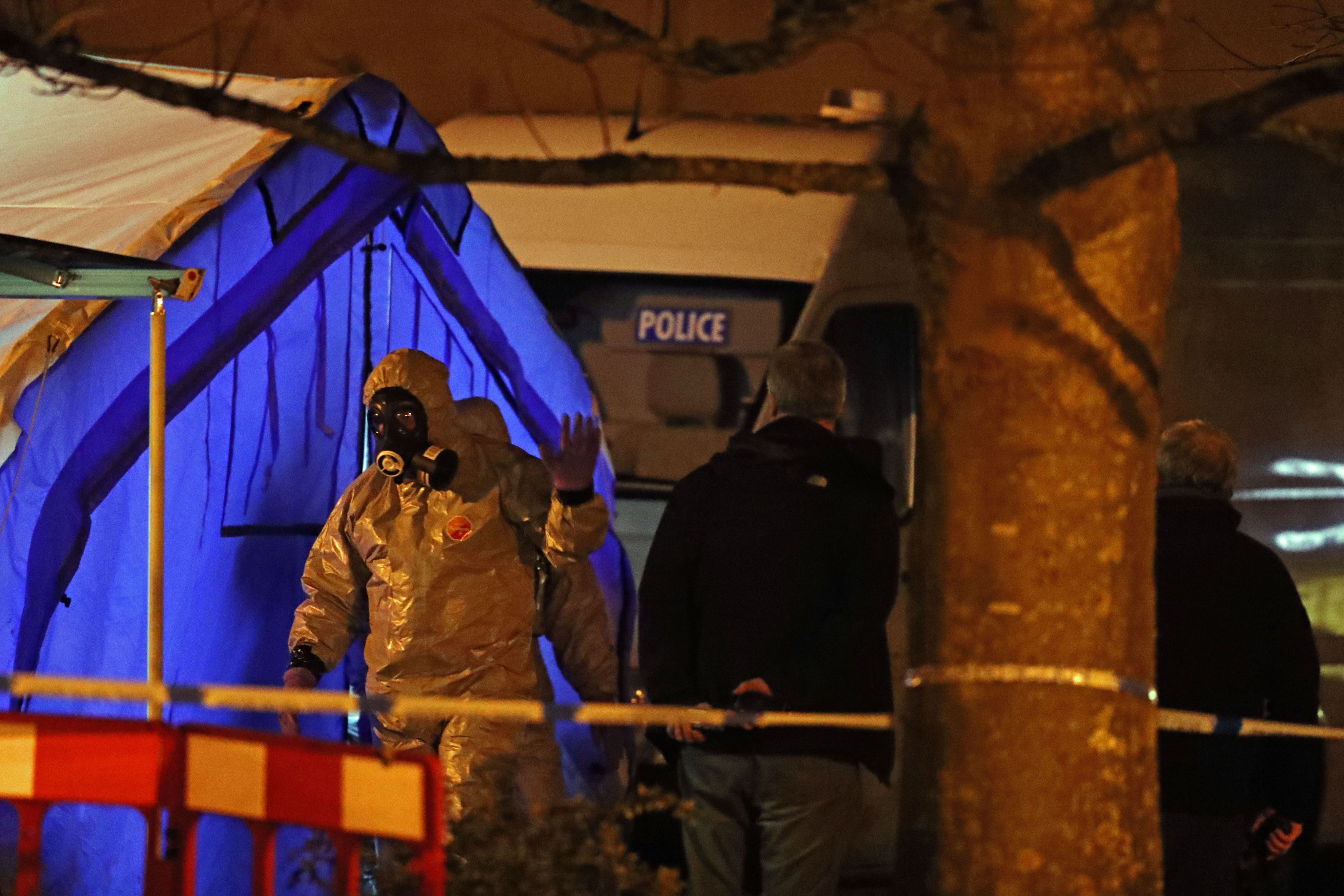
New Powers To Stop 'Hostile Activity' Following Salisbury Spy Attack

Around 200 military personnel are helping with the clean up in Salisbury following the nerve agent attack (Picture: PA).
New powers will grant Police and immigration authorities to stop suspected spies at UK borders, following the Salisbury nerve agent attack.
A former Russian double spy, Sergei Skripal and his daughter Yulia, were found slumped on a bench after being exposed to the military-grade nerve agent, 'Novichok'.
Police Sergeant Nick Bailey was also hospitalized but all three have since been discharged.
Britain has held Russia responsible for the attack, something which the Kremlin has strongly denied.
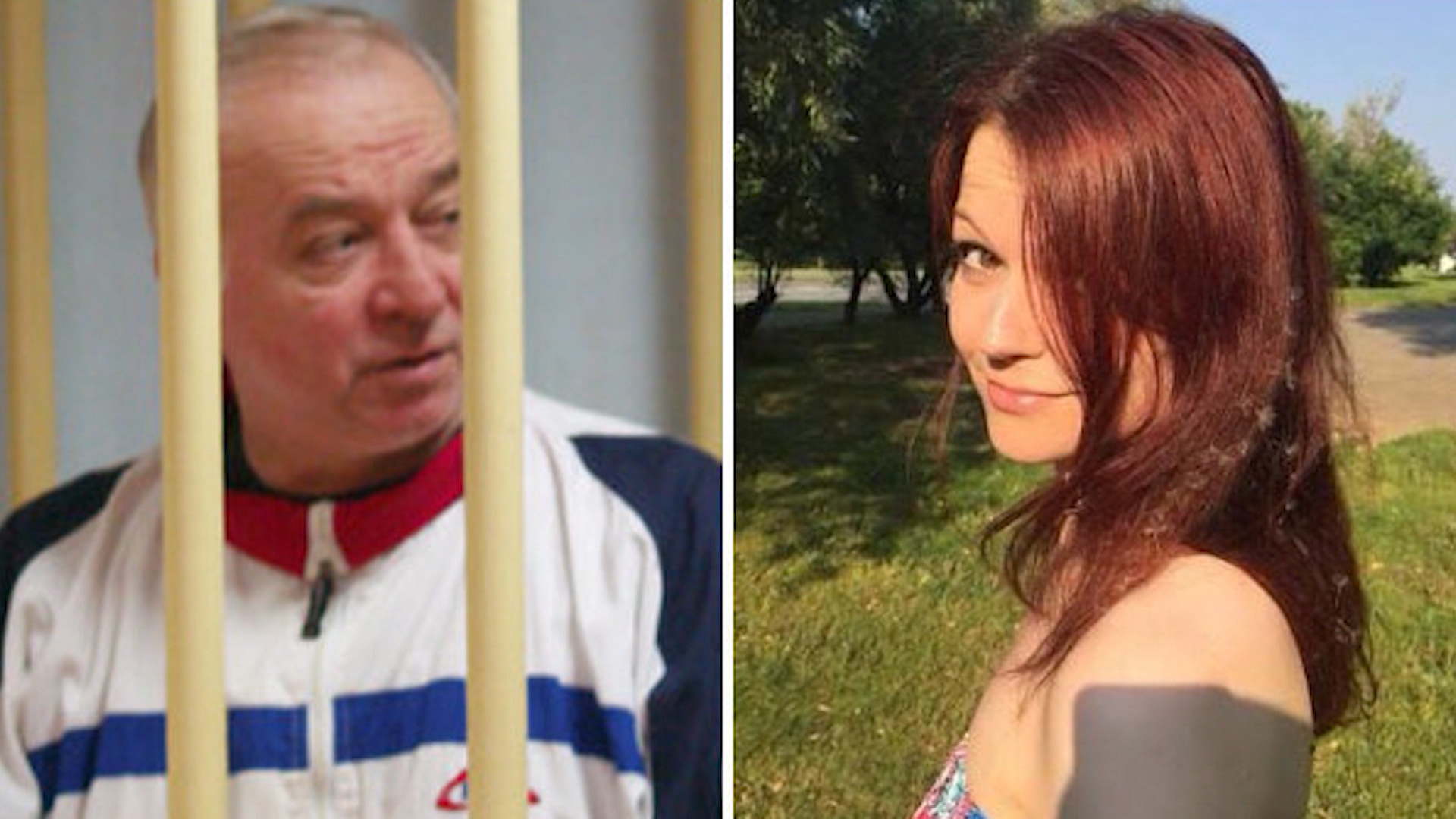
The proposed law aims to bolster Britain's defences against so-called "hostile state activity" - giving officers anti-terror style powers to stop individuals who may pose a threat once they arrive in the UK.
The details of the powers were emerged as ministers unveiled a new Counter-Terrorism and Border Security Bill.
Currently police and immigration personnel can question and detain people entering and leaving the country through sea ports, airports and international rail stations.
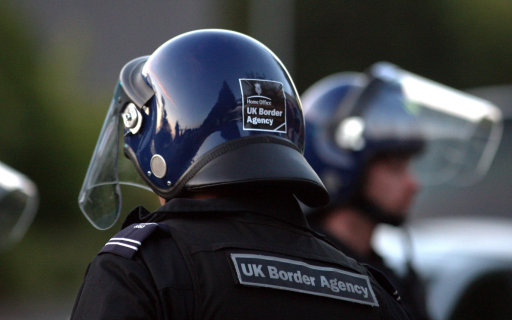
However, the current powers in cases where the individual appears to be concerned in the commission, preparation or instigation of acts of terrorism.
The new laws will grant police and immigration officials to stop, question, search and detain an individual at a port, airport or border area to determine whether he or she is, or has been, engaged in "hostile state activity".
A hostile act is defined as one that "threatens national security, threatens the economic well-being of the UK, or is an act of serious crime" and is linked to a foreign state.
Plans for the new laws were first announced by Theresa May in the aftermath of the Salisbury nerve agent attack.
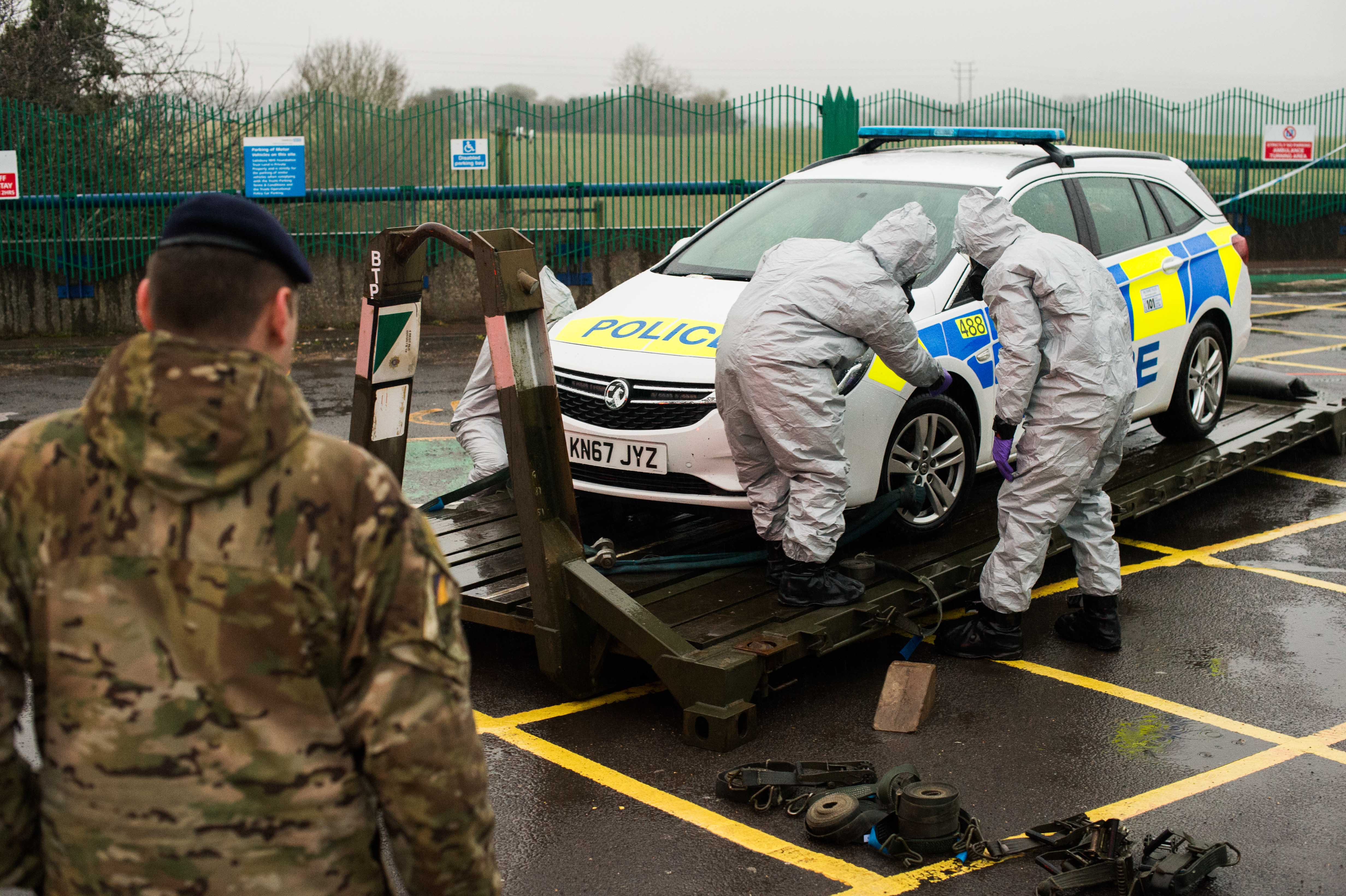
Publishing the new Bill, Home Secretary Sajid Javid, said:
"We judge that it was highly likely that the Russian State carried out the appalling attack in Salisbury which demonstrates why the police need robust powers to investigate, identify and challenge those acting against our interests.
"This is a necessary and proportionate response to the threat and will, of course, be subject to strict safeguards and robust oversight to assure its proper use."
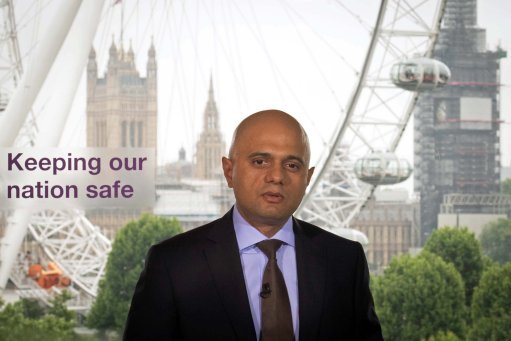
Home Office documents published alongside the proposed legislation state the UK faces a "sustained threat" from hostile state actors.
The ability to stop, question, search and detain individuals to determine whether they appear to be or have engaged in hostile activity represents a "major improvement" in the UK's ability to tackle the threat, according to the department.
Schedule 7 of the Terrorism Act 2000 allows officers to examine a person at a port area when they are entering or leaving the country. Last year 16,349 people were examined under the provision in Britain.









